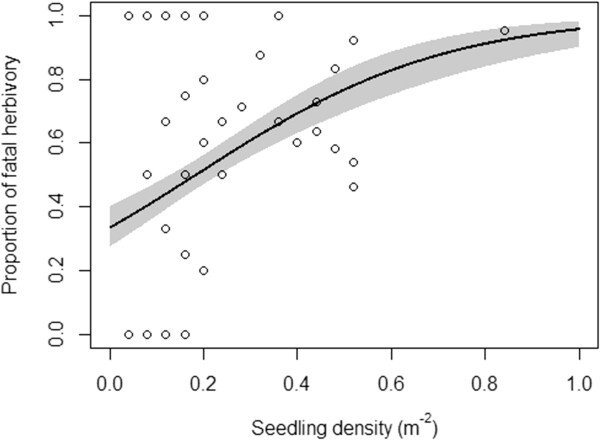In the lush rainforests of Kalimantan, an extraordinary species of wood reigns supreme – the formidable Kalimantan ironwood, also known as Belian wood. Its reputation for being virtually impenetrable to termites.
In consequence (including for the environment!), this strength has made it a sought-after material for various applications, from construction to artisanal crafts. While there are many great wood species all over the world and in Indonesia, Kaltimber specialises in 100% recycled ironwood from the Indonesian region of Kalimantan, on the island of Borneo.
Let’s delve into the fascinating attributes that make Kalimantan ironwood a natural fortress against termite infestations.
1. Natural Chemical Composition:
Kalimantan ironwood boasts a unique chemical makeup that acts as a natural deterrent to termites. The wood contains compounds that are unappealing or even toxic to these wood-devouring insects, creating a first line of defence against infestations.
2. High Density, Formidable Hardness:
One of the standout features of Kalimantan ironwood is its exceptional density and hardness.
This inherent quality creates a robust physical barrier that challenges termites attempting to burrow into the wood. The hardness of the wood also makes it an unyielding material, resistant to the chewing and burrowing efforts of termites.
3. Natural Oils and Resins:
Kalimantan ironwood often possesses natural oils and resins that contribute to its termite-resistant properties. These substances not only repel termites but also serve as protective agents, hindering the insects' ability to infest and damage the wood.
4. Slow Growth and Maturity:
Unlike some fast-growing wood species, Kalimantan ironwood trees have a slow growth rate and take an extended period to mature. This gradual development contributes to the wood's density and hardness, making it less susceptible to termite attacks compared to faster-growing alternatives.
5. Environmental Adaptations:
Over centuries, Kalimantan ironwood trees have adapted to the local environment, developing natural defences against pests like termites. This environmental adaptation enhances the wood's innate resilience and reinforces its status as a natural stronghold against termite infestations.
A fortress in danger.
In the heart of Kalimantan's rainforests, the Kalimantan ironwood stands tall as a testament to nature's ingenuity in creating termite-resistant materials. However, as these trees are so slow to grow, they need protection from excessive logging, so it is critical for buyers to solely focus their purchases on products made of recycled old wood.
While no material is entirely immune to decay or insect damage, the Kalimantan ironwood's innate defences make it a worthy contender in the realm of termite-resistant woods, showcasing the wonders that nature can provide for both aesthetic and practical purposes.




